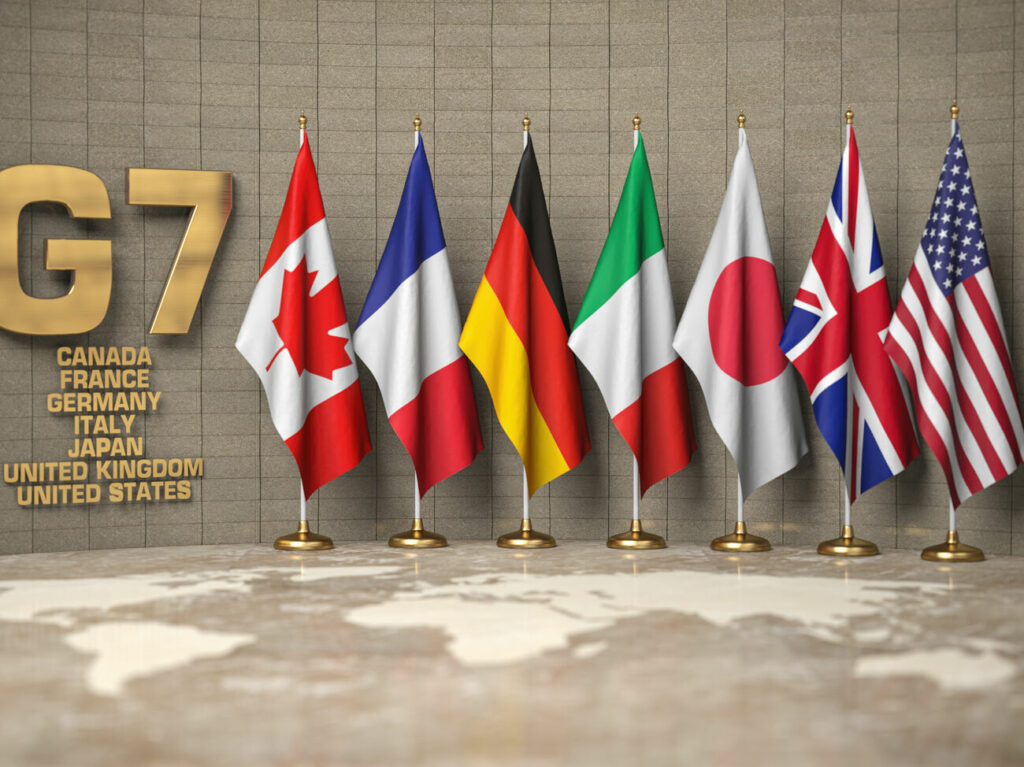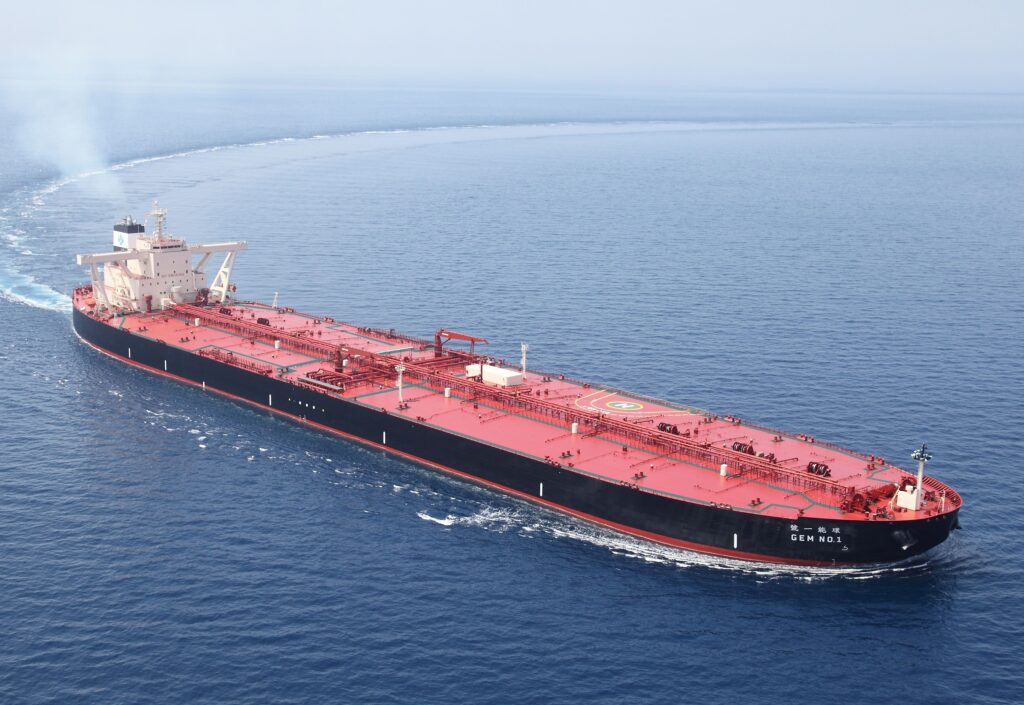Most G7 members ready to lower price ceiling for Russian oil without US

Most G7 countries are ready to act independently and lower the “price ceiling” for Russian oil, even if the United States refuses to do so.
This was reported by Reuters, citing sources.
G7 leaders are due to meet in Canada from June 15-17, where they will discuss the “price ceiling” for Russian oil, first agreed in late 2022. The restriction was designed to allow Russian oil to be sold to third countries using Western insurance services, provided that the price does not exceed $60/barrel.
The European Union and Britain have been pushing for a reduction in the price ceiling for weeks after the fall in global oil prices made the current $60 limit almost irrelevant.
The sources, who spoke on condition of anonymity, said the EU and Britain were ready to lead the process and act independently, with the support of other European G7 countries and Canada.
It is not yet clear what the US will decide, the sources said, although the Europeans are pushing for a unified decision at the meeting. Japan’s position also remains uncertain, they said.
“There is a desire among European countries to lower the oil price ceiling from $60 to $45. There are positive signals from Canada, Britain and possibly Japan. We will use the G7 to try to get the US on board,” one of the sources said.
Asked about Trump’s support for a price cap on Russian oil, a White House spokesman said the president was looking forward to “active discussion on key economic and geopolitical issues.”
According to the sources, during a meeting of G7 finance ministers in Canada last month, US Treasury Secretary Scott Bessant was not convinced that the “price ceiling” should be lowered.
However, some US senators may support the idea, including Lindsey Graham, who has told reporters in recent weeks that he supports lowering the limit. Graham is pushing a new package of tough sanctions against Russia that could impose steep tariffs on buyers of Russian oil.
The EU has proposed a cut to $45/barrel in its latest 18th round of sanctions. The package requires unanimous agreement among EU member states for it to pass, which could take weeks.
Russia’s top export grade, Urals, trades at a discount of about $10/barrel to benchmark Brent crude from Baltic ports. Brent futures have been trading below $70/barrel since early April.
Sources say Washington’s involvement was not necessary to lower the cap because of Britain’s dominance in global marine insurance and the EU’s influence over Western tanker fleets that follow Western rules.
The US, however, is a big player when it comes to dollar payments for oil and its banking system.
As a reminder, earlier the European Commission presented the 18th package of sanctions against Russia, which proposes to expand the list of the “shadow fleet” and lower the ceiling on oil prices.





